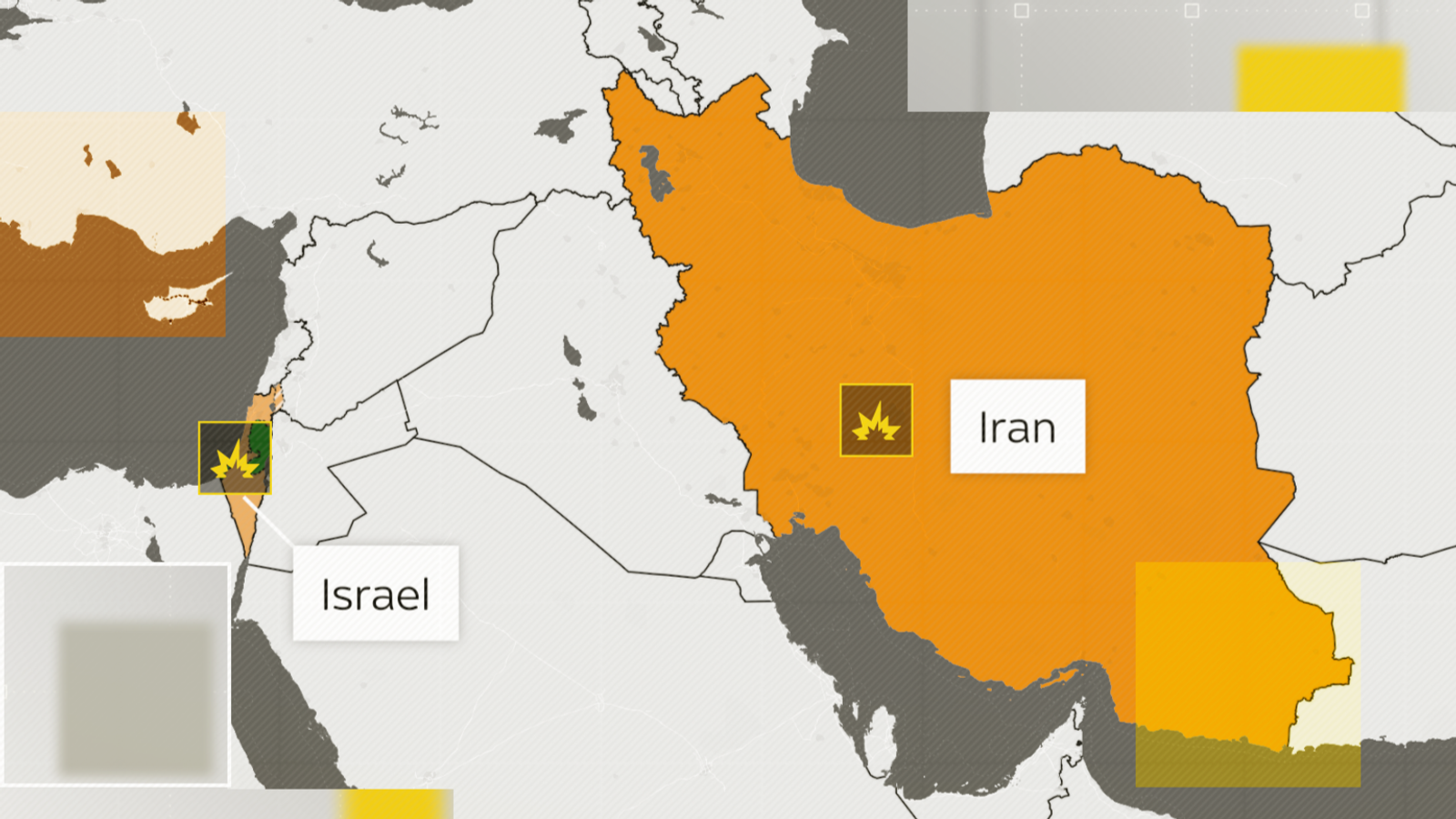Google to remove news from search in Canada over new law
US tech giant says new Canadian law requiring online platforms to pay news publishers ‘remains unworkable’.

Google has announced plans to remove Canadian news articles from its search engine and other products in Canada when a law requiring major online platforms to pay news publishers takes effect in the country.
In a statement on Thursday, Google said Canada’s Bill C-18 – the so-called Online News Act, which was passed last week – “remains unworkable”.
“We have now informed the Government that when the law takes effect, we unfortunately will have to remove links to Canadian news from our Search, News and Discover products in Canada,” the company said.
“We’re disappointed it has come to this. We don’t take this decision or its impacts lightly and believe it’s important to be transparent with Canadian publishers and our users as early as possible.”
The move could have a devastating effect on Canadian news outlets, many of which are already struggling financially and have faced several rounds of job cuts in recent years.
Meta Platforms Inc also said last week that it would end news access for Canadian users on its platforms, including Facebook and Instagram, over the new legislation.
“Today, we are confirming that news availability will be ended on Facebook and Instagram for all users in Canada prior to the Online News Act taking effect,” Meta said in a statement after the law was adopted on June 22.
The Canadian government has defended Bill C-18, which is expected to come into effect in six months, as part of its effort to ensure “fair revenue sharing between digital platforms and news outlets”.
The act outlines rules to force online platforms to negotiate commercial deals and pay news publishers for their content, a step similar to a groundbreaking law passed in Australia in 2021.
“Thanks to the Online News Act, newsrooms across the country will now be able to negotiate fairly for compensation when their work appears on the biggest digital platforms,” Minister of Canadian Heritage Pablo Rodriguez said in a statement this month.
“It levels the playing field by putting the power of big tech in check and ensuring that even our smallest news business can benefit through this regime and receive fair compensation for their work.”
But the US tech giants have said the proposals are unsustainable for their businesses.
Google has argued Canada’s law is broader than those in Australia and Europe, saying it puts a price on news story links displayed in search results and can apply to outlets that do not produce news.
On Wednesday, Canadian Prime Minister Justin Trudeau told reporters that conversations with Google over the new legislation were “ongoing”.
“It is important that we find a way to ensure that Canadians can continue to access content in all sorts of different ways – but that also we protect rigorous, independent journalism that has a foundational role in our democracies,” Trudeau said.
“We know democracy only works with a strong, independent, diverse media and we will continue standing up for that.”
According to Canadian government figures, overall revenues of Canadian broadcast television, radio, newspapers and magazines fell by nearly $4.5bn ($6 billion Canadian dollars) between 2008 and 2020.
Since 2008, at least 474 news outlets have closed in 335 communities across Canada.
The news outlets affected by Google’s decision would be based on the government’s definition of “eligible news businesses” when rules are finalised for implementation.
“Google & Facebook have shut out Canadian news orgs from their platforms and decided to be dictators of what information Canadians can search, discover and consume. This violates the very foundations of an open internet,” The Canadian Association of Journalists tweeted on Thursday.
“Corporate selfishness is kneecapping Canadian democracy.”
-al jazeera







